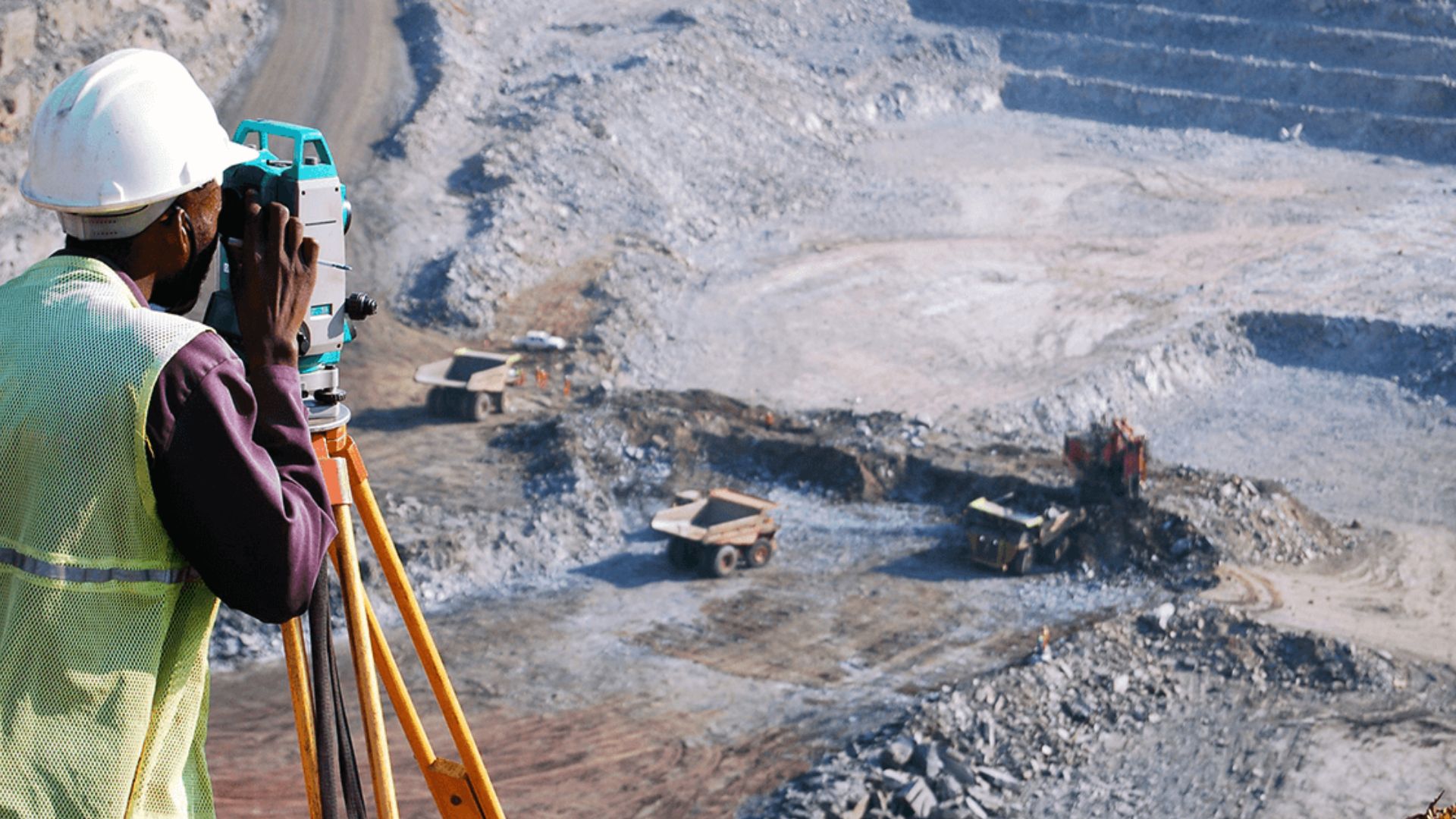Africa's Mining Industry: Geopolitical Dynamics and Investment Trends in 2019
- Africa | 27 February 2019

As the mining industry recovers from the setbacks faced in 2018, 2019 promises to be a fruitful year for the sector. Commodity prices are on the rise, and global economic growth remains strong, particularly in Africa. The continent’s natural resources continue to attract foreign direct investment (FDI) and drive economic performance. However, the geopolitical landscape in Africa is evolving, with traditional superpowers and emerging players like China and India competing for influence. This article explores the shifting dynamics and investment trends in Africa’s mining industry.
China has emerged as Africa’s top trade partner, with significant investments in the continent’s mining sector. The German Institute of Global and Area Studies (GIGA) reveals that between 2005 and 2016, half of China’s outbound investments were in the energy and mining sectors, and a significant portion targeted sub-Saharan Africa. The influence of Chinese-owned mines in countries like the Democratic Republic of Congo (DRC) has forced local and multinational companies to adapt their strategies to compete. China’s investments in infrastructure have also paved the way for its growing political and economic hegemony across the continent.
Russia is showing renewed interest in Africa, evidenced by the upcoming Africa-Russia summit and its involvement in cross-continental railway construction. Although the United States has appeared less engaged publicly, it remains the largest spender in FDI on the continent, according to EY’s Africa Attractiveness report. US investors and businesses initiated 130 projects in 2017, a 43% increase. However, trade tensions between China and the US may indirectly impact China’s imports from Africa, as it manages an economic slowdown.
Australia, with its mining expertise and a tradition of venturing abroad, maintains a steady presence in Africa, particularly in the exploration sector. Modern exploration techniques and gold processing technology developed in Australia have been applied in Africa. Additionally, members of the African diaspora who migrated to Australia have returned to invest in their home countries, further strengthening the Australian-African mining connection. The rising gold price in the 1980s and the change in governmental regimes in the 1990s contributed to increased Australian involvement in Africa’s mining industry.
Despite ongoing Brexit challenges, the United Kingdom aims to strengthen its presence in Africa. Prime Minister Theresa May’s visit to the continent in 2018 signaled the country’s commitment to be a leading G7 investor. The UK plans to host an Africa investment summit in 2019 and invest £50 million in diplomatic missions and embassy reopenings across the continent. Canada, another significant player in global mining, also maintains its importance in Africa’s mining industry, despite a decline in the overall value of its mining assets in the region.
African investors are increasingly involved in their countries’ mining development, especially as governments strive to prioritize local content in mining legislation. While concerns about resource nationalism persist, the capital required for large-scale mining investments remains a challenge for local investors. International partners will continue to play a crucial role in extracting Africa’s natural resources. The delicate balance between governments and international investors remains a central theme in the mining industry, emphasizing the importance of collaboration and understanding.
Africa’s mining industry is poised for growth in 2019, fueled by recovering commodity prices and strong global economic growth. As geopolitical dynamics evolve, traditional and emerging players vie for influence and investment opportunities in the sector. China’s dominant position, Russia’s renewed interest, the ongoing engagement of the United States, Australia’s enduring presence, the UK’s growing involvement, and the emergence of African investors all contribute to the changing landscape. The delicate interplay between governments and international investors will continue to shape the future of mining in Africa, highlighting the importance of collaboration, adaptation, and sustainable practices.








